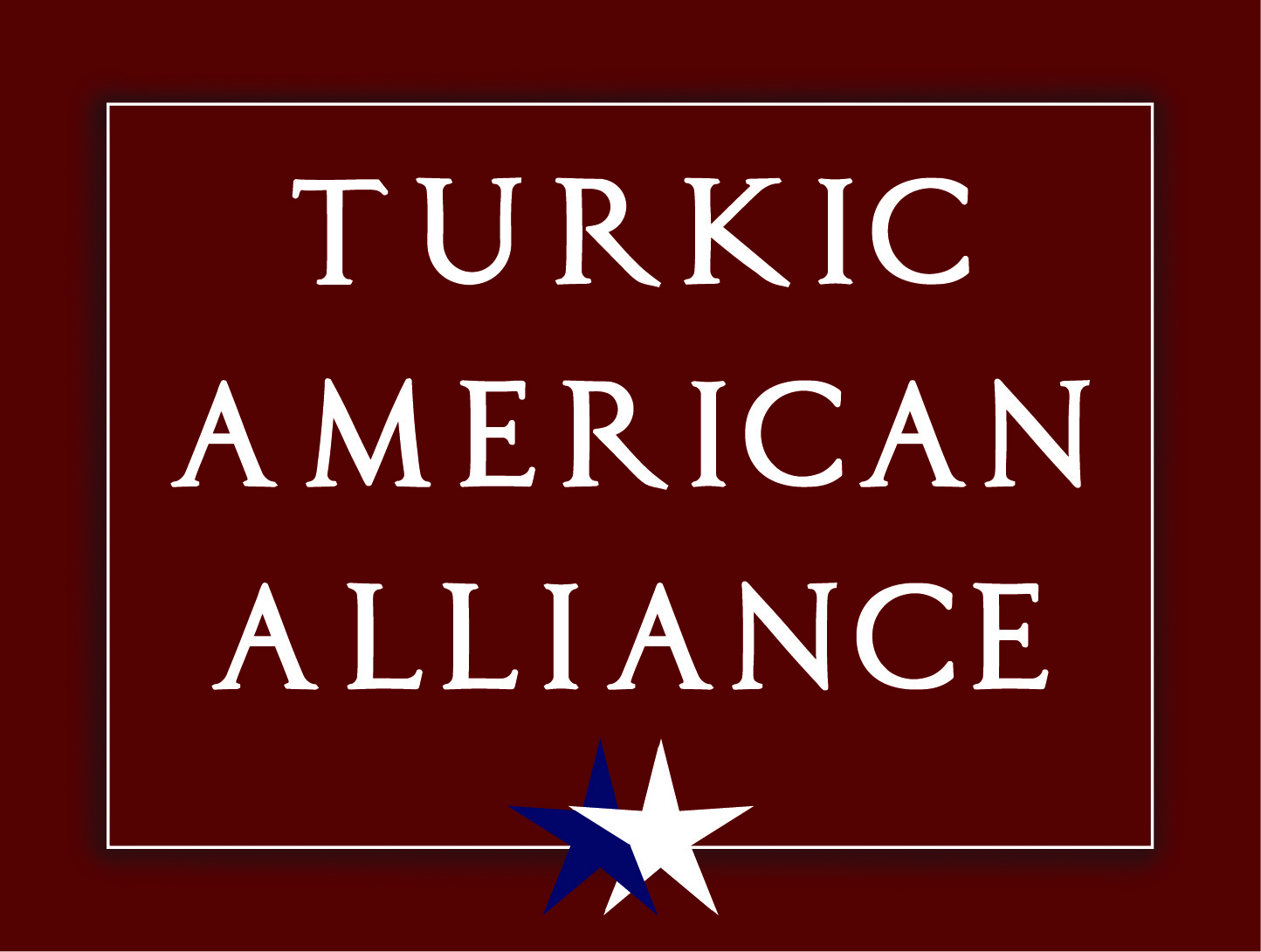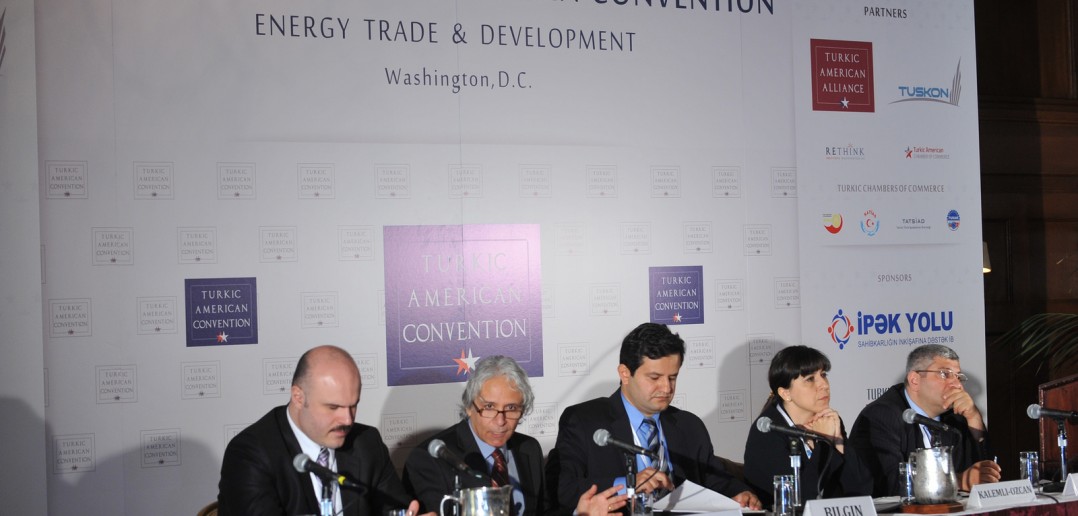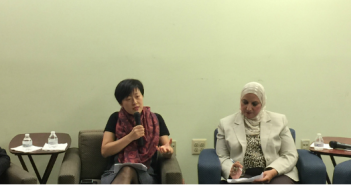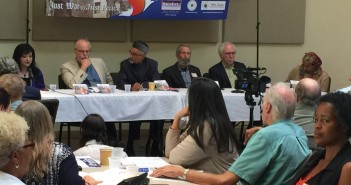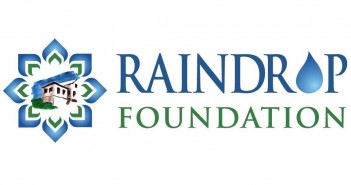“Turkey has long been considered a model country that successfully fuses democracy, Islam, and economic growth. Lately, this model is facing challenges as the country tackles serious corruption charges, questionable moves by the government that curb judicial autonomy, and rising social opposition. this session will focus on these challenges as well as the domestic and international implications for the critical local and presidential elections in Turkey.”
Dr. Fevzi Bilgin, Executive Director of the Rethink Institute and moderator for the second session, opened the discussion panel with an explanation of how political issues have taken the center stage compared to previous discussions focusing on successful economic growth in Turkey. The recent local elections in Turkey on March 30th were intensified due to the corruption allegations and the actions taken by Prime Minister Erdogan’s government to control any opposing political threats and criticism. These latest developments have opened debate about the viability of Turkey’s democratic institutions and the immediate implications for the August 2014 presidential elections. The panelists focused on the consequences of Turkish political events on the economy and the future of the Turkish democracy.
According to Dr. Ihsan Dagi, Visiting Fulbright Fellow at John Hopkins University, Turkey cannot afford an authoritarian rule and clarified that the recent political events are nothing new to Turkey’s political history. Starting in 1876, Turkey began its cycle of democratization when Sultan Abdul Hamid II first established a shortly-lived constitution under the Ottoman Empire that introduced a notion of a limited government, elected representatives, and free elections. However, following the start of the Russian-Ottoman war, the Sultan abolished the constitution and closed down the parliament. This phase of authoritarianism lasted until 1909 when the Committee of Union and Progress took power and brought a new era of freedom, which lasted until the First World War. The next cycle started with a democratic government led by a parliament in Ankara that eventually ended with successful consolidation of power by Ataturk. These swings continue to present day as we observe the current Turkish government consolidating power and taking control of Turkey while limiting checks and balances. Ultimately, Dr. Dagi reemphasized the need to maintain a liberal democracy that upholds social peace and harmony within the fragmented and diverse Turkish society.
Dr. Sebnem Kalemli-Ozcan, Professor of Economics at the University of Maryland, answered the same question by providing economic perspective and implications. She pointed to the vulnerabilities of the Turkish economy due to the growth model that fosters a current account deficit and a vulnerable private sector. According to Dr. Kalemli-Ozcan, Turkey does not currently have a sustainable growth model. Her policy advice points to the need of decreasing the current account deficit by implementing monetary and fiscal efforts to control inflation. Following these points, Dr. Kalemli-Ozcan recommended that Turkey break the link between growth and external imbalances by increasing the national savings and improving the overall competitiveness of the economy.
Dr. Ihsan Yilmaz, Associate Professor at Fatih University in Istanbul, described the path that the ruling AK Party and the Turkish government have taken away from democratic practices. He explained how the control of media enterprises, the pressure on opposing political parties, and the weakening of the judiciary branch all factor to the indication that democracy may be under threat. Dr. Yilmaz concluded by stating that the current political battle is between Prime Minister Erdogan’s political power against the opposition parties, civil society groups and liberals.
Serdar Yesilyurt, Executive Director of the TUSKON-European Union Office in Brussels, conveyed the similar message that Turkey cannot afford to become an authoritarian government. He provided an EU perspective on the ongoing developments. According to his analysis, current failures of the rule of law jeopardizes Turkey’s ability to attract foreign investment. The highly integrated Turkish economy will suffer if the Turkish government fails to live up to standards of the Copenhagen Criteria. The AK Party and Prime Minister Erdogan can adversely affect the Turkish economy if they continue ignoring the international community’s criticism of the recent political developments due to the authoritarian suppression.
Source: Turkic American Convention
